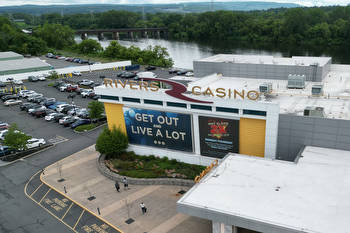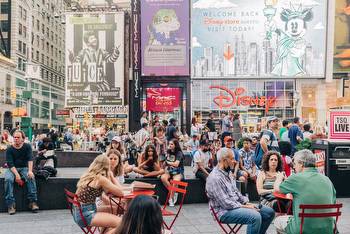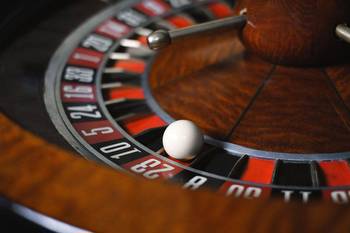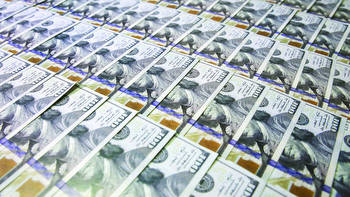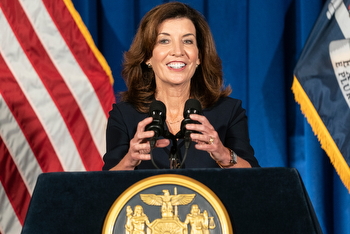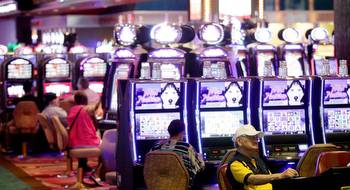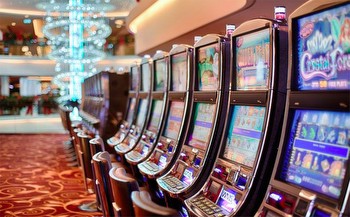A Midtown casino? Don’t press your luck

A proposal emerged this month to put a casino in Midtown Manhattan, at Hudson Yards. Expect the promoters and politicians they support to make economic and jobs claims that sound too good to be true, following a script of 30 years of self-interested casino campaigns across America.
My latest research finds little evidence that casinos boost their local economies over time and strong evidence that casino economies do much worse in recessionary times than non-casino economies, for several reasons.
The money casinos tout is not money from thin air. Dollars dropped into slot machines, which provide roughly 75% of casino revenues, are dollars not spent in local businesses. As a result, casinos reduce local retail sales and the taxes they generate.
This substitution effect has been long recognized.
“As a resident of Florida, I’m very concerned about the effect casinos would have in the state,” then-casino-magnate Donald Trump said in the Miami Herald on March 27, 1994. “People will spend a tremendous amount of money in casinos, money that they would normally spend on buying a refrigerator or a new car. Local businesses will suffer because they’ll lose customer dollars to the casinos.”
A state-level analysis taking into account a range of tax impacts of casinos found that, despite lofty claims of casino promoters, “casino gambling probably does not have a positive effect on state revenues,” concluded College of Charleston economist and gambling consultant Douglas Walker.
And do not expect money to flow in from gamblers who don’t live in the area. Few casinos outside of Las Vegas draw any significant revenue from tourists. Even if situated right in Times Square, any New York City casino will rely heavily on local gamblers for the bulk of its income.
As more New Yorkers gamble, New York City’s neighborhoods and local governments will bear new costs for casino-related crime, broken families, and other side-effects of gambling that will blunt the effects of any new tax revenues casinos claim to generate.
Economists have long noted that these effects are seldom accounted for in pro-casino studies, leaving policymakers and the public in the dark about the actual impact of casinos.
In fact, casino costs likely outweigh benefits by more than three to one, according to the most comprehensive academic analysis to date, ”Gambling in America: Costs and Benefits,” by University of Illinois economist Earl Grinols.
In my recent study, I used regression analysis and a growth curve model to compare retail sales and employment growth in local economies with and without casinos across America from 2002 to 2017. The results give New Yorkers and public officials additional reason to be skeptical of gambling promoters.
Casinos do not boost local economies, as often claimed. My study shows there is no statistically significant difference in the retail sales growth rates of casino and non-casino economies across most of the time periods covered. However, during the Great Recession from 2007 to 2012, retail sales in casino economies grew two to three times slower than in non-casino economies.
In plain English: During good times casinos do not add to their local economies; during bad times casinos make things worse.
My study also found that casino economies generate fewer jobs over time than non-casino economies. Casinos hire people, but it appears that more people would be hired locally if the casinos were not present.
The Daily News Flash
Weekdays
Catch up on the day’s top five stories every weekday afternoon.
That’s not surprising, for two reasons. First, when dollars are diverted from local businesses into slot machines, those local businesses do not grow and do not hire new employees. Second, local businesses can employ more people when those businesses are not subject to casino-related costs like absenteeism, property crime, embezzlement and bankruptcy.
Beyond the negative economic impacts of casinos, other issues have motivated New York leaders from Mayor Fiorello La Guardia to Gov. Mario Cuomo to oppose gambling.
Gambling is billed as “entertainment,” but roughly half of casino revenue comes from gamblers who are addicted, not entertained, suggest the 11 studies summarized in ”Why Casinos Matter.”
Casino operators’ strong financial incentives to appeal to addicts and keep them gambling contradict their public relations narrative of caring about “responsible gambling.” More gambling in New York City would undermine efforts to strengthen families, reduce homelessness and poverty, and address economic inequality.
Finally, as current money-laundering scandals in Australia well illustrate, casinos often co-opt regulatory bodies, overwhelm the decision-making processes of elected officials and undermine good governance.
By its very nature, gambling has always been a con game. Expect nothing less in the coming New York City casino debates.
Krutz holds both an MBA and a PhD in public policy and administration and serves as an emeritus professor of Boise State University’s College of Business and Economics and a Board member of the Stop Predatory Gambling Foundation.








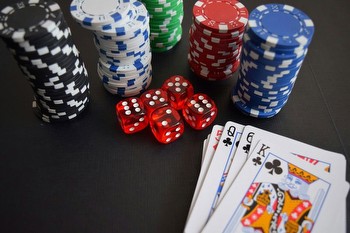




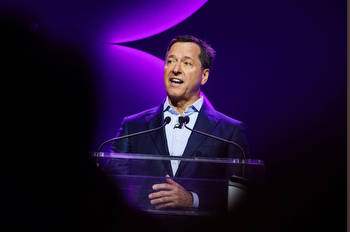
![Online Casino Market to See Incredible Growth during [2023-2031]](/img/di/online-casino-market-to-see-incredible-growth-during-2023-2031-2.jpg)


